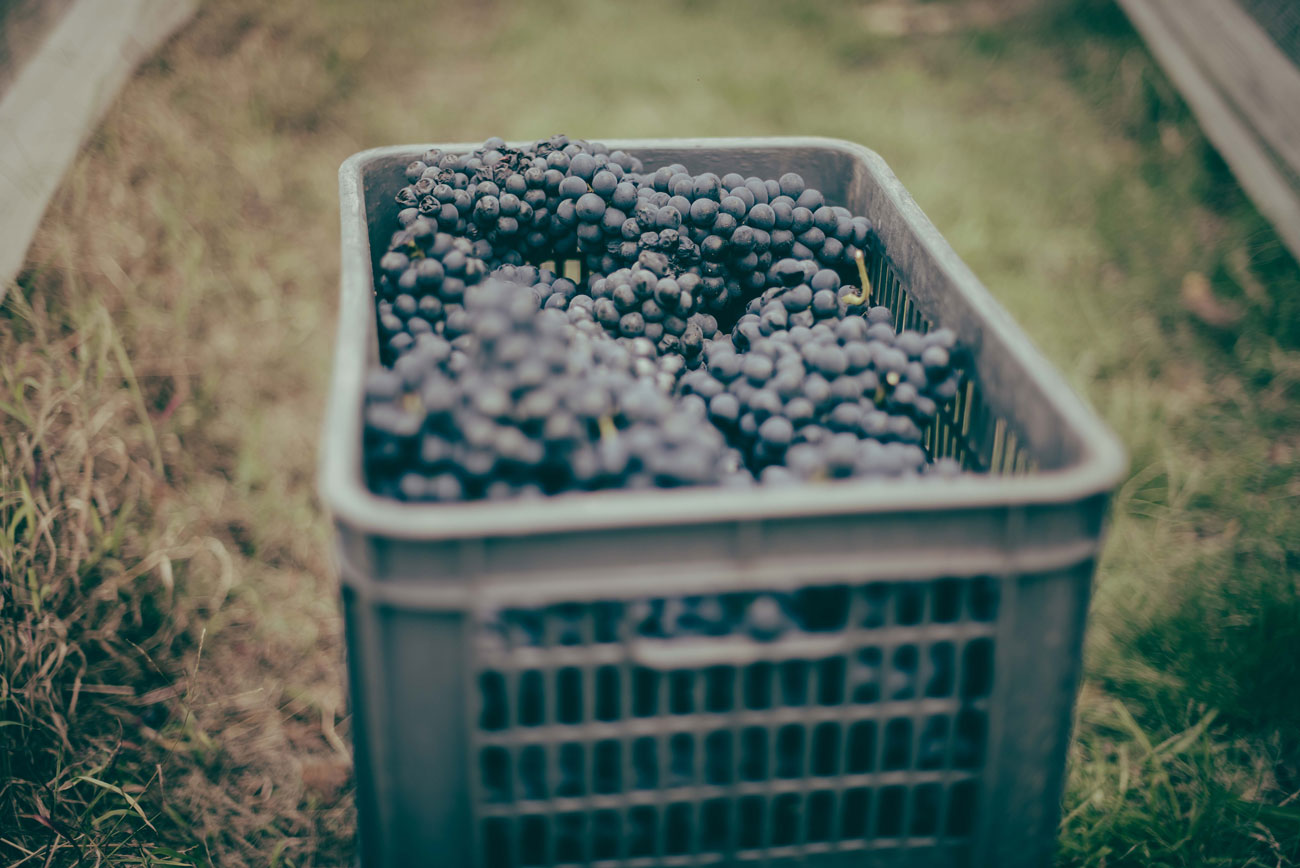Harvest Report
2016

Following one of the driest winters on record, with temperatures above seasonal averages except for a brief cold spell mid-season, the vineyard began to bud around ten days earlier than usual. Spring brought rising temperatures and 38% less rainfall than normal, allowing for a uniform and steady budburst—crucial for achieving the balance required for quality. No late frosts or damaging weather events occurred, and though spring rains were scarce, they were sufficient to sustain healthy growth and nutrition.
From January onward, with no rainfall recorded, drought conditions returned, causing moderate water stress at the start of ripening. This favorable hydric status persisted until harvest, as the limited rains of February and March were just enough to prevent excessive dehydration without over-saturating the soil. No irrigation was needed throughout the season.
Harvest began on February 3, just three days later than usual, a slight delay that remained consistent until its conclusion. Both the volume and quality of the harvest matched the previous year, yielding wines with high potential alcohol, intense color, and remarkable aromatic concentration.
